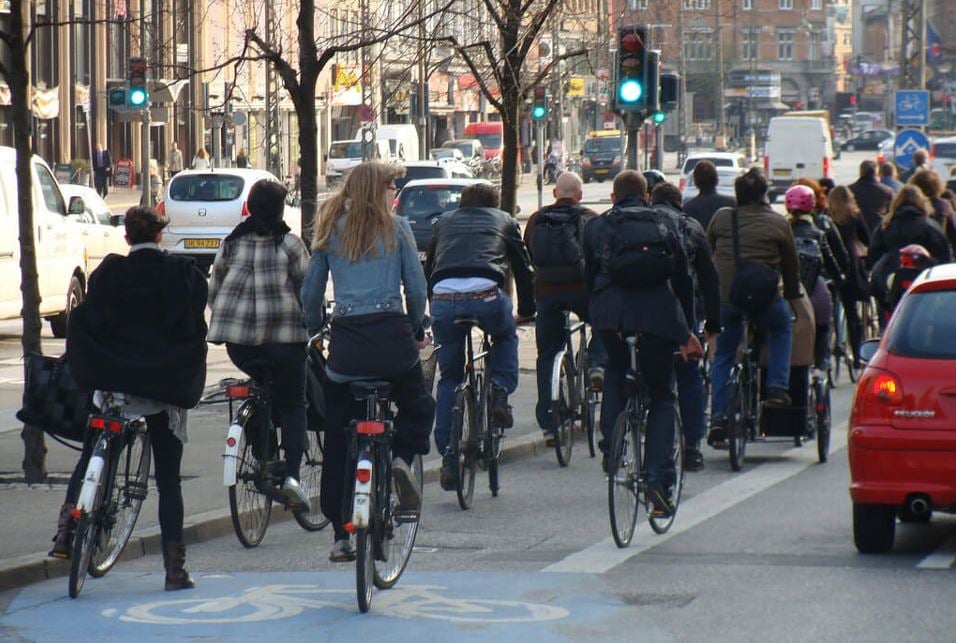The verb To Commute means to travel from home to work and from work to home. Billions of people across the world commute every day. We can also use the term when referring to teachers or students traveling to or from school.

We don’t use the term if a person’s trip to work is extremely short. Typically, they travel outside the boundary of their community if they commute.
We also use the word as a noun, as in: “During my commute last week, I saw a man fall onto the railway track. Fortunately, he was pulled out before the next train came.”
To commute also means to reduce the severity of a judicial sentence. If I say: “The judge commuted his jail sentence,” it means that the person’s jail term was reduced.
This article focuses on the term when it refers to people traveling to or from work or school.
Commuters
We call people who are on their way to work from home or vice-versa commuters. If I say: “The train was full of commuters,” it means that there were many people going to or returning from work.
A commuter train is a train full of people traveling to or from work.
When commute is not work-related
Less commonly, we can use the verb when traveling on a regular basis from one location to another, even when the trips are not related to work.
If Samantha visited her mother in hospital every day at 5pm for three months, we could say that she was commuting on her way there and back.
Commuting expenses
In business, commuting expenses is an expense claim, i.e., a perk, that some employers offer their employees for travel expenses to and from their workplace. A perk is a work benefit such as free meals, discounts, a company car, etc.
In accounting, an expense may refer to something that an employee paid for, and for which their employer will reimburse them.
Commuting expenses may also refer to a tax deduction that taxpayers may claim if they have to travel to a work site temporarily. Specifically, somewhere that is not their normal workplace.

The origins of ‘to commute’ and ‘commuter’
The term first appeared in the English language in the middle of the fifteenth century. At the time, it meant “to change (something into something else), to transform.” It came from the Latin word Commutare, which meant “to often change, to change altogether.”
The term originated in the early days of rail travel in U.S. cities such as New York, Philadelphia, Boston, and Chicago. In the 1840s, the advent of railways spurred the growth of suburbs, allowing travelers to move into the city at reduced, or “commuted,” fares. Over time, this practice gave rise to the terms “commute” and “commuter”.
The US Internal Revenue Service (IRS) sets specific conditions and guidelines for which commuting costs can be considered deductible, ensuring that only the necessary expenses incurred during the commute for temporary work assignments qualify.
